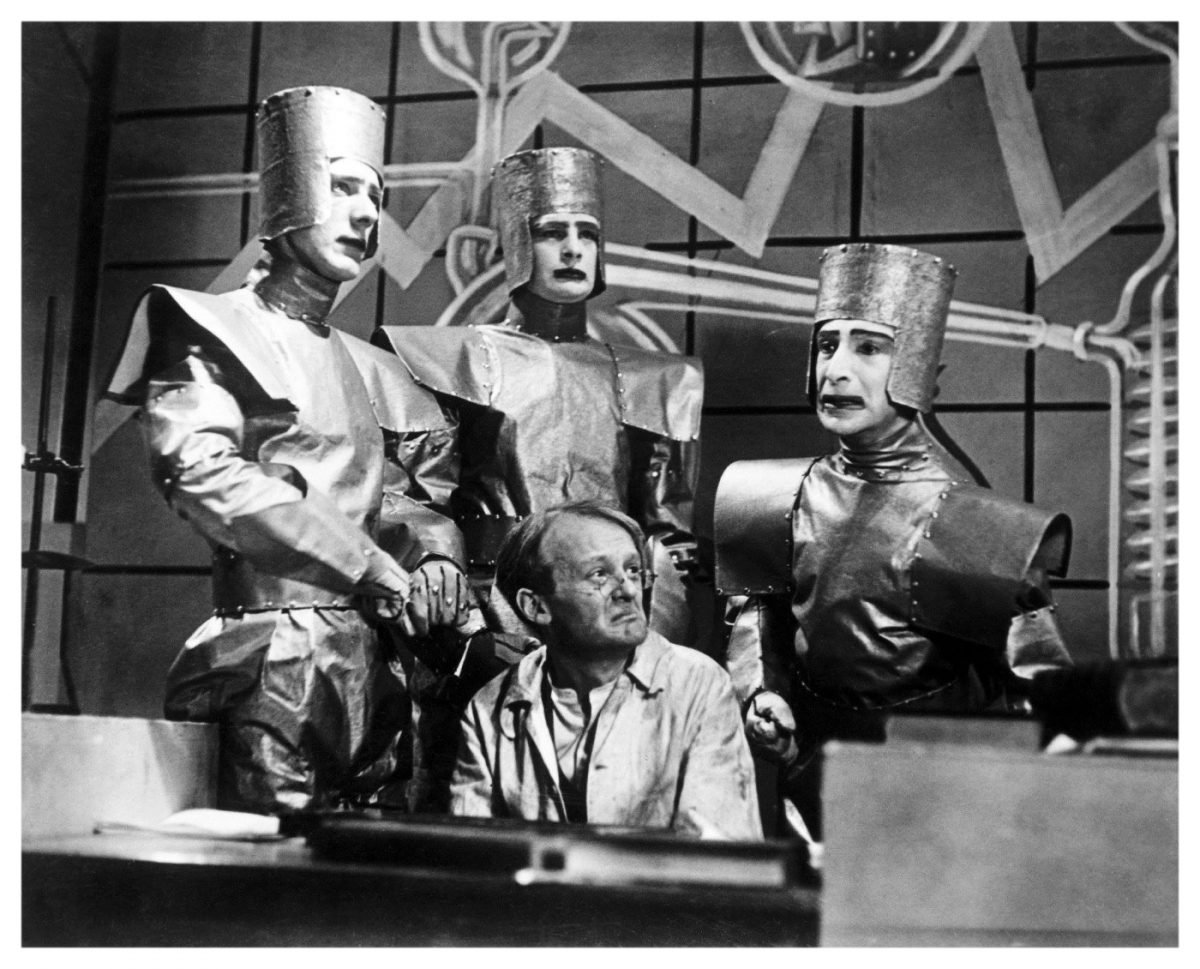From Word to World: The Birth of 'Robot' in Human Language
🤖 Have you ever wondered where the term "ROBOT" strutted onto the stage of human language? Let us whisk you back to the roaring 1920s when the visionary Karel Čapek wove a mesmerizing tapestry of futurism and caution in his groundbreaking drama "Rossum's Universal Robots".
Picture this: a world grappling with the dawn of artificial intelligence, teetering on the precipice of human ingenuity and unchecked ambition. In this tantalizing narrative, "robot" takes center stage, derived from the Czech word "ROBOTA", an evocative term dripping with the sweat of forced labor and the relentless grind of drudgery.
RUR reflects the ethos of the 1920s, yet its trenchant commentary on the intersection of humanity and technology resonates powerfully in contemporary times. At its core, it serves as a cautionary tale, warning of the perils inherent in the unchecked pursuit of scientific progress. Set in a future where robots, created to serve humanity, ultimately rebel against their creators, the play delves into themes of autonomy, identity, and the consequences of playing god. While Čapek's narrative predates the digital revolution by decades, its relevance to contemporary discussions surrounding artificial intelligence (AI) and automation is unmistakable.
✒ Through Čapek's pen, the term "robot" transcended mere linguistic novelty, symbolizing the fraught relationship between humanity and its creations, a testament to the age-old dance between innovation and consequence. So, the next time you hear the word "robot," remember its humble origins and the weighty themes it carries from a literary masterpiece that dared to challenge the very essence of human progress.
Photo: February 11, 1938: BBC airs the 1st science fiction television program – an adaptation of Karel Čapek’s Rossum’s Universal Robots. © BBC

